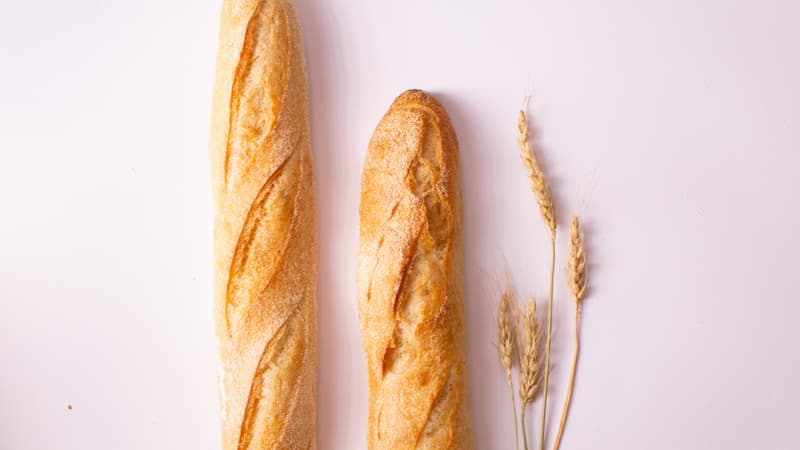There is something of a dissonance between the government’s rhetoric and the bakeries’ concern regarding rising energy costs.
On the one hand, Bercy affirms that the majority of artisans and SMEs in the sector are protected by the tariff shield. “For the smallest companies, those that invoice less than 2 million euros and have less than 10 employees, they are protected by regulated sales rates, with an increase that will be limited to 15%” next year, assures the Ministry of the Environment. Environment Economy.
On the other hand, the sector alleges that the framework of this shield effectively excludes a large part of the businesses from this protection.
“On the Brink of Explosion”
“The criterion of the size of the company is not related to that of regulated electricity rates. The true criterion is that of the power of the meter. However, most bakeries, even small neighborhood bakeries, between the oven, the mixer, the cold rooms and the refrigerated banks, need an energy power that places them outside the scope of protection provided by the Ministry of Economy ” , explains Marc Sánchez, general secretary of the SDI (Union of Independents).
An observation confirmed to BFM Business by Dominique Anract, president of the National Confederation of French Bakery and Pastry.
In fact, most craftsmen need a power on the meter greater than 36 kilovolt-amperes (KVA), which does not fall within the range of the shield. According to the head of the Confederation, on average, the power in the counter required for medium-sized bakeries (from 6 to 8 employees) is around 72 KVA plus, that is, double the ceiling imposed by the shield.
Questioned by us, EDF has not yet confirmed this proportion of bakeries excluded from the shield due to this energy spillover.
“Our bakery partners who are already experiencing increases in raw materials (flour, dairy, eggs), as well as increases in the price of paper (bags, cartons) are on the verge of an explosion,” warns the SDI.
Competition from supermarkets “selling at a loss”
Otherwise, it will be necessary to increase prices very significantly. “If an artisan sees his invoice multiplied by 4 or 5, he will have to increase all these prices by 30% to keep his head above water, otherwise he will close”, worries Dominique Anract. “What makes the baguette rise to 1.50 euros, which worries the artisans who think that at that price the consumer is going to go to the supermarkets where the baguettes are sold at a loss”, he continues.
“The total transfer of these costs would place the price of the baguette at a threshold that they believe they cannot reach for this emblematic product of French food consumption,” adds Marc Sanchez of SDI.
It will be remembered that according to Eurostat figures, France is the country of the European Union where the price of bread has least risen more than a year (+8.2%), far behind Germany (+17.5%) or neighboring Spain (+15.2%).
Alerted by this situation, Bercy “looks at the file, they thought that the 36 KVA ceiling covered all the activities of the artisans but not for us”, explains Dominique Anract who asked (like the SDI) that this limit be lifted for bakeries.
Contacted, the Ministry of Economy and Finance recalls that there are other aids in addition to the tariff shield, in particular aid for companies that spend more than 3% of their billing on energy and lose money.
Source: BFM TV


